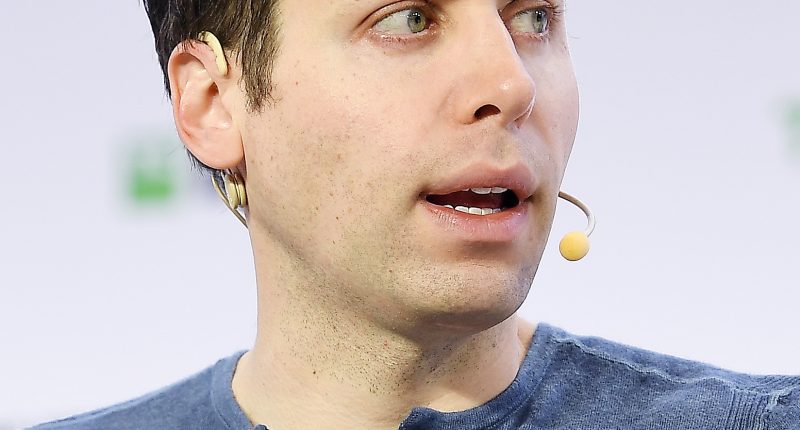OpenAI, the AI research lab best known for ChatGPT, has weathered a storm of controversy in recent months. The organization recently found itself embroiled in a public, controversial boardroom battle that resulted in the ousting of CEO Sam Altman (who later made a comeback to the same position, thanks to Satya Nadella). Now, the same CEO has been reinstated to the board of directors after an independent investigation cleared him of any misconduct that would warrant removal. The decision, made by OpenAI’s nonprofit board, comes after a thorough review conducted by the law firm WilmerHale, which concluded that Altman’s conduct “did not mandate removal.”
“We have unanimously concluded that Sam and Greg are the right leaders for OpenAI,” stated Bret Taylor, Chair of the OpenAI Board.
Last November, OpenAI was rocked by internal turmoil when Altman faced an unexpected removal from his role as CEO. This move triggered widespread confusion and unrest within the company and prompted an outcry from employees and external stakeholders alike. Employee morale plummeted, with reports indicating that over 700 OpenAI employees, a significant portion of the workforce, rallied behind Altman and even threatened to leave the company in protest. In response to mounting concerns and the need for transparency, OpenAI’s nonprofit board went on to commission an independent investigation led by the law firm WilmerHale. The inquiry involved extensive interviews with board members, employees, and other relevant parties, as well as a comprehensive review of thousands of documents pertaining to Altman’s tenure and the events leading up to his removal.
“The Special Committee of the OpenAI Board today announced the completion of the review by WilmerHale. The firm conducted dozens of interviews with members of OpenAI’s prior Board, OpenAI executives, advisors to the prior Board, and other pertinent witnesses; reviewed more than 30,000 documents; and evaluated various corporate actions. Based on the record developed by WilmerHale and following the recommendation of the Special Committee, the Board expressed its full confidence in Mr. Sam Altman and Mr. Greg Brockman’s ongoing leadership of OpenAI,” OpenAI noted in a blog post.
The eventual findings of the WilmerHale investigation provided insights into the circumstances surrounding Altman’s dismissal. The board’s decision to oust him was attributed to a breakdown in trust between Altman and the prior board members, rather than concerns over product safety, security, or financial mismanagement. And based on the conclusions drawn from the investigation, OpenAI’s nonprofit board unanimously agreed to reinstate Altman to his position as CEO. In addition to Altman’s reinstatement, OpenAI announced several changes to its board composition. Three new board members were appointed, including Sue Desmond-Hellmann, former CEO of the Bill and Melinda Gates Foundation; Nicole Seligman, former legal executive at Sony; and Fidji Simo, CEO of Instacart.
In addition to the changes in its board composition, OpenAI has also announced a series of measures aimed at strengthening its corporate governance framework and fostering greater transparency. These measures include the establishment of clearer and more defined protocols for decision-making and communication within the organization, as well as the implementation of stricter safeguards to ensure ethical conduct and prevent potential conflicts of interest among board members, employees, and other stakeholders. Other measures include the establishment of a safe and confidential channel for employees to voice concerns about potential wrongdoing or unethical behavior within OpenAI, as well as the formation of new board committees.
The Tech Portal is published by Blue Box Media Private Limited. Our investors have no influence over our reporting. Read our full Ownership and Funding Disclosure →





